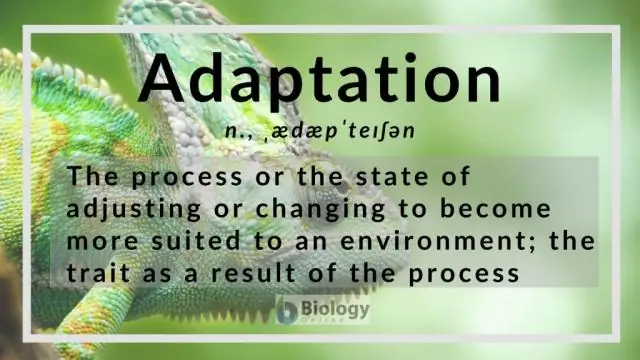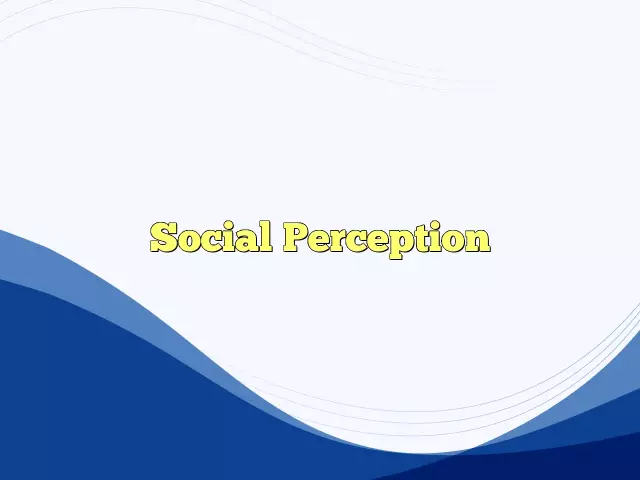- Author Rachel Wainwright wainwright@abchealthonline.com.
- Public 2023-12-15 07:39.
- Last modified 2025-11-02 20:14.
Social adaptation of children
The social adaptation of children is understood as a specially organized continuous educational process of the child's getting used to the conditions of the social environment through his assimilation of the rules and norms of behavior adopted in society. If we are talking about children with psychological trauma, orphans and disabled people, then special measures of social adaptation and rehabilitation are needed, which can provide these categories of children not only with entering society, but also the realization of their creative and working potential.
Social adaptation of disabled children

From the point of view of social adaptation, the group of disabled children is the most problematic due to the limited adaptive capacity of this category of children. The main reasons for the difficult adaptation of disabled children in society are:
- Lack of mental and physical health;
- Limited social experience;
- Unfavorable family and economic situation.
According to UNESCO, the number of children with disabilities worldwide is about 3% of all children, and every year their number is growing, which indicates the need to develop effective measures for their social adaptation to society.
The problem of social adaptation and rehabilitation of disabled children has not only social, economic and political significance, but also moral and ethical. Improving the quality of life of children with disabilities can be achieved by providing age-appropriate opportunities for them to participate in society.
At the state level, for this category of people, all the necessary conditions must be created to facilitate their livelihoods, and it is also necessary to prepare society for the adoption of children with disabilities. These measures will help to reduce the number of psychosomatic diseases and neurotic reactions in disabled children, which in turn will significantly reduce the cost of their treatment at the level of families and the state as a whole.
Successful social adaptation of children with disabilities (disabilities) allows this category of children to quickly adapt to a normal life, restore their social value and strengthen humane tendencies in society. However, today there is no single way to solve the problem of social adaptation of disabled children, therefore, various developments of psychologists and teachers are used to solve it.
Due to the fact that the social adaptation of children with disabilities has its own specific features, the approach to solving this problem should be multifactorial and dynamic. At the state level, in turn, everything possible should be done to increase the adaptive potential of children with disabilities.
Social adaptation of preschool children
Having reached the age of 3-4 years, most children find themselves in a completely new environment for themselves - a preschool. Beginning attending kindergarten requires a child to adapt to a new social environment, establish contacts with adults and peers, develop flexibility of behavior and adaptive mechanisms. The daily routine, requirements and responsibilities become a surprise for the child, thereby driving him into a stressful state. Lack of preliminary training aimed at the social adaptation of preschool children can lead to neurotic reactions such as:
- Violation of the emotional state;
- Decreased sleep and appetite;
- Development of fear of preschool;
- Increased morbidity.

The socio-psychological adaptation of children occurs in different ways and directly depends on the child's age, state of health, the type of higher nervous activity, the style of upbringing in the family and the relationship between its members, the level of development of playing skills, contact, goodwill and emotional dependence of the child on the mother.
In many ways, the course of social adaptation of preschool children depends on how mentally and physically the parents prepared the child for the upcoming changes, as well as on the individual and typological characteristics of the child - choleric and sanguine people adapt faster than phlegmatic and melancholic people.
The social adaptation of children to a preschool institution complicates the presence of such factors as:
- Emotional inadequacy;
- Social incompetence;
- Unsocialized aggression;
- Poorly developed skills of behavior in unfamiliar situations;
- The child's resistance to educational and educational processes;
- Lack of experience with peers and adults.
To facilitate the social adaptation of children, parents should from an early age teach kids the art of communicating with peers and adults, adhere to the correct daily routine. From the very young age of the child, it is necessary to encourage his independence, then he will grow up as a healthy and full-fledged person.
A teacher can also help a child adapt to kindergarten, who must study the characteristics of his new ward in advance and, having coordinated his actions with the child's parents, choose an individual approach to him. A welcoming and cozy atmosphere created by educators in groups is the necessary condition that helps children easily adapt to a new place.
In general, social adaptation is a difficult process for both a healthy child and children with disabilities. Preschool workers, families and society as a whole should take all necessary measures to allow any child to enter society and become a full-fledged participant in it. The future of the younger generation depends on the purposefulness and coherence of adults' activities aimed at the social adaptation of children.
YouTube video related to the article:
Found a mistake in the text? Select it and press Ctrl + Enter.






